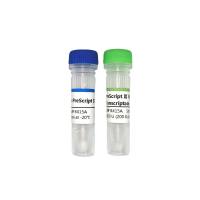Reverse Phase Protein Microarrays for Theranostics and Patient-Tailored Therapy
互联网
594
Although the genome provides information about the somatic genetic changes existing in the tissue and underpins pathology, it is the proteins that do the work of the cell and are functionally responsible for almost all disease processes. Moreover, many diseases such as cancer are a manifestation of deranged cellular protein molecular networks and cell-signaling pathways. These pathways contain a large and growing collection of drug targets, governing cellular survival, proliferation, invasion, and cell death. Thus, the promise of proteomics resides in the study of molecules that extend beyond correlation to causality. The clinical utility of reverse phase protein microarrays, a new technology invented in our laboratory, lies in its ability to generate a functional map of known cell-signaling networks or pathways for an individual patient obtained directly from a biopsy specimen. This patient-specific circuit diagram provides key information that identifies critical nodes or pathways that may serve as drug targets for individualized or combinatorial therapy through the quantification of phosphorylation states of proteins. Using this technique, the entire cellular proteome is immobilized on a substratum with subsequent immunodetection of the phosphorylated, or activated, state of cell-signaling proteins. The results of which pathways are “in use” can then be correlated with biological and clinical information and serve as both a diagnostic and a therapeutic guide: thus providing a “theranostic” endpoint.









